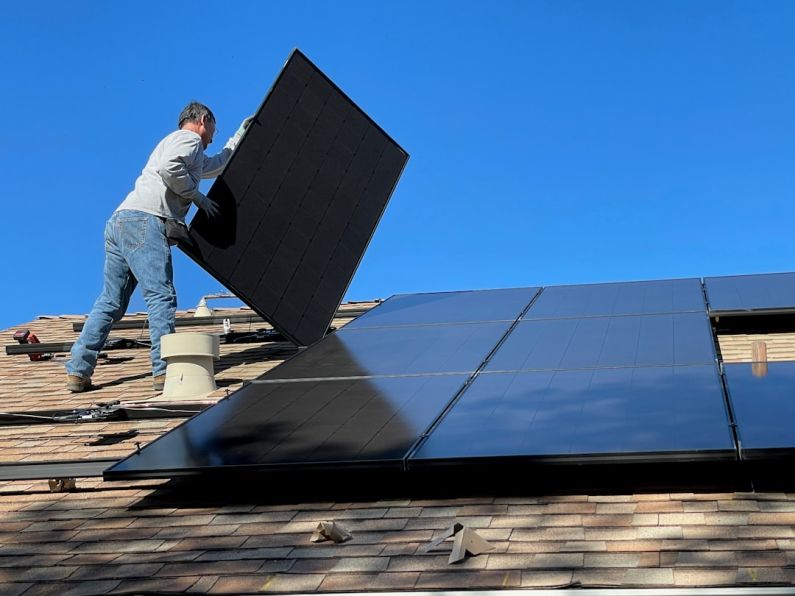When Is it Time to Upgrade Your Electrical Panel?
Introduction:
The electrical panel is one of the most important components of your home’s electrical system. It controls the flow of electricity throughout your house and helps protect your electrical devices from power surges. Over time, however, your electrical panel may become outdated or overloaded, which can lead to safety hazards. In this article, we will discuss the signs that indicate it is time to upgrade your electrical panel.
Frequent Tripping of Circuit Breakers:
One of the first signs that you may need to upgrade your electrical panel is if your circuit breakers are frequently tripping. Circuit breakers are designed to trip and cut off the flow of electricity when there is an overload or a short circuit. However, if you find that your circuit breakers are tripping frequently, it may be a sign that your electrical panel is not able to handle the electrical load of your home. Upgrading to a larger capacity panel can help ensure that your electrical system can handle the demands of modern-day living.
Flickering or Dimming Lights:
If you notice that your lights are constantly flickering or dimming, it may be a sign that your electrical panel is not able to provide a consistent flow of electricity. Flickering or dimming lights can be caused by loose connections or outdated wiring within the panel. Upgrading your electrical panel can help eliminate these issues and provide a stable supply of electricity to your home.
Outdated Panel Design:
Many older homes were built with electrical panels that are no longer up to code or are outdated in terms of design. These panels may lack the necessary safety features or have limited capacity. If your electrical panel is outdated, it is recommended to upgrade to a modern panel that meets the current safety standards. This will help ensure the safety of your home and prevent electrical hazards.
Addition of High-Powered Appliances:
If you have recently added high-powered appliances to your home, such as a new air conditioning unit or an electric vehicle charger, it may be necessary to upgrade your electrical panel. These appliances require a significant amount of electricity, and an outdated panel may not be able to handle the increased load. Upgrading your panel will ensure that you have enough power to support these appliances without overloading the system.
Frequent Electrical Issues:
If you are experiencing frequent electrical issues, such as outlets not working, sparks, or buzzing sounds, it may be a sign that your electrical panel is faulty or overloaded. These issues should never be ignored, as they can pose a serious safety risk. Upgrading your electrical panel can help resolve these issues and provide a more reliable and safe electrical system.
Conclusion:
Your electrical panel plays a crucial role in the safety and functionality of your home’s electrical system. If you notice frequent tripping of circuit breakers, flickering or dimming lights, an outdated panel design, the addition of high-powered appliances, or frequent electrical issues, it may be time to upgrade your electrical panel. Upgrading to a modern and properly sized panel will ensure that your electrical system can handle the demands of your home and provide a safe environment for you and your family. Don’t hesitate to consult a professional electrician if you have any concerns about the condition of your electrical panel.






